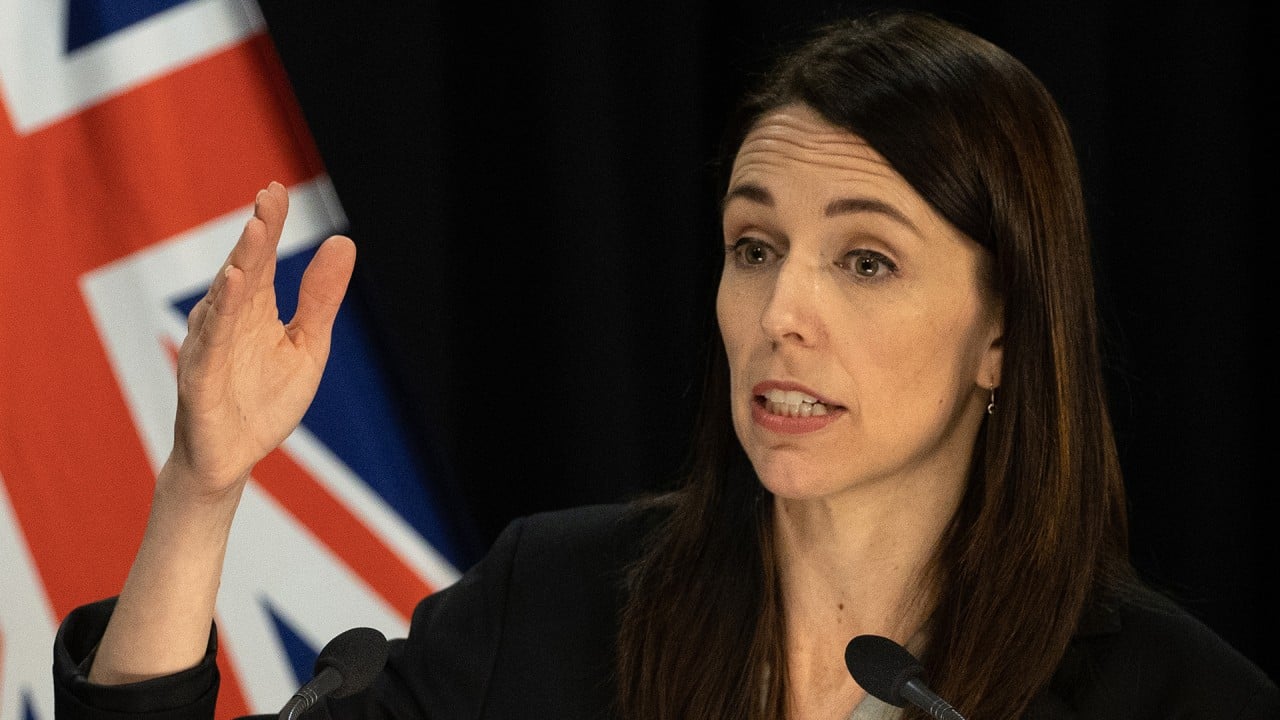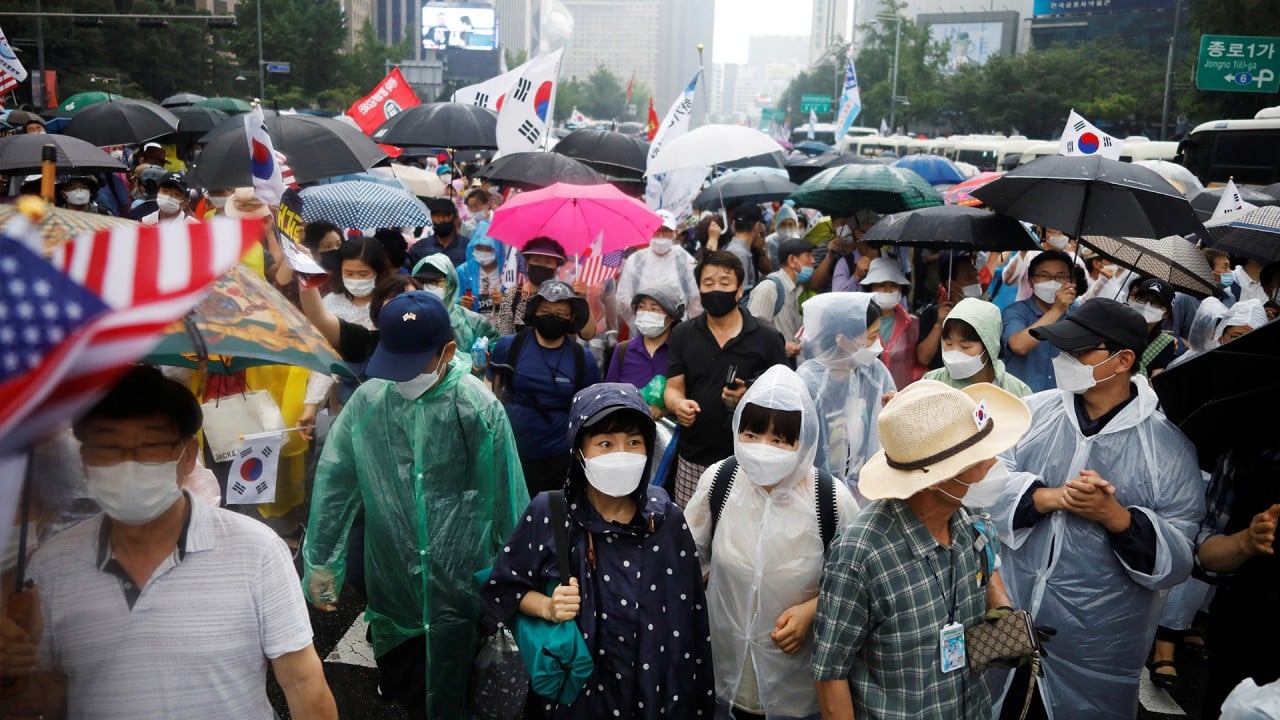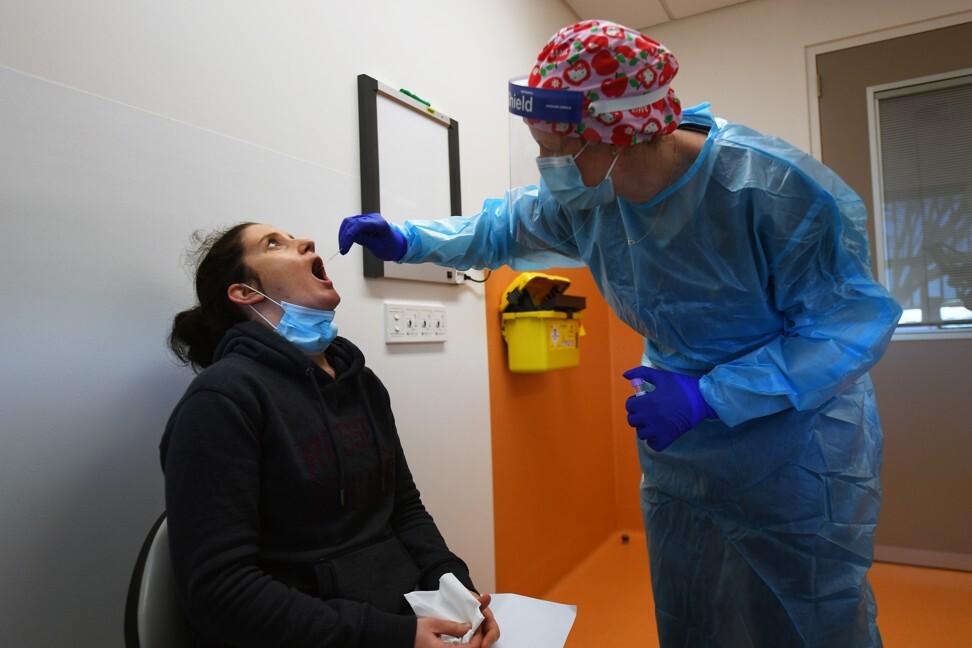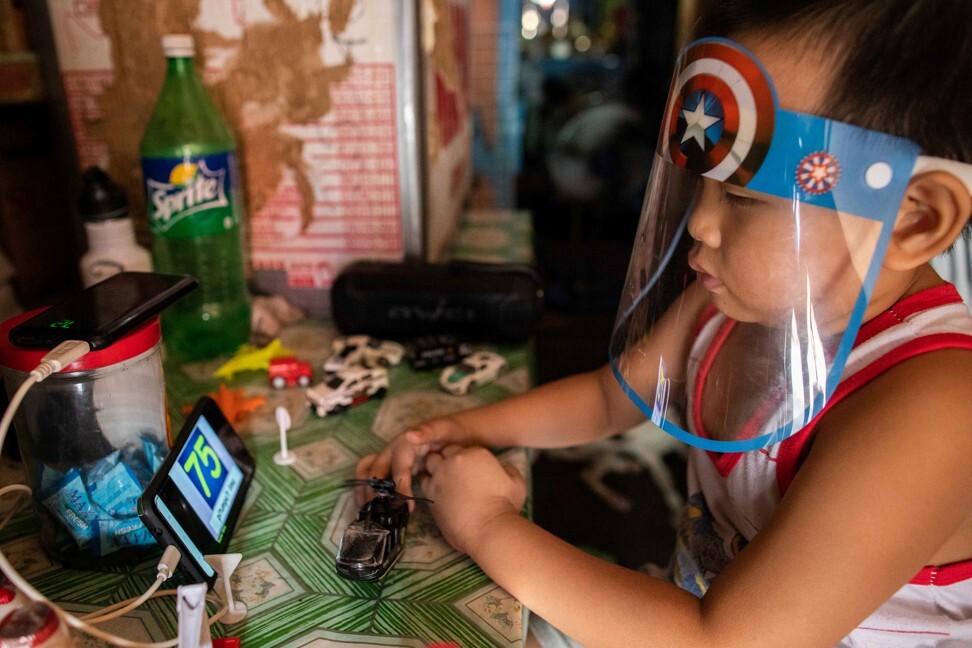
Coronavirus latest: New Zealand says no cases linked to frozen imports; Australia’s second wave traced to Melbourne hotels
- Investigations suggest New Zealand’s latest outbreak has not come from a cold-storage facility in Auckland where a recently infected person worked
- In Australia, an inquiry has found that almost all of a second wave of infections in Victoria state can be traced back to travellers in two Melbourne hotels
Investigations suggested the virus had not come through chilled services or material arriving from overseas at an Americold cold-storage facility in Auckland where one of the recently infected individuals worked, health officials said.
“Seems clear now that the possibility is being ruled out from that investigation,” said Dr Ashley Bloomfield, the director general of health.

01:53
New Zealand orders Auckland back in lockdown after first local Covid-19 cases in 102 days
New Zealand has fared far better than most countries during the pandemic, but an abrupt resurgence in Auckland last week prompted the government to extend a lockdown for the city’s 1.7 million residents until August 26, while safe-distancing rules are in place in other towns and cities.
New Zealand’s Prime Minister Jacinda Ardern in recent days has also faced criticism by the opposition over the discovery that border officials were not regularly tested for Covid-19.
The government on August 14 ordered mandatory testing of all frontline border staff after it emerged that two-thirds of the workers had never been tested for the coronavirus.
The country reported 13 new cases on Tuesday, taking the total number of active cases to 90, of which 69 were linked to the Auckland outbreak. The total tally of infections now stands at 1,293, with 22 deaths.
Department of Health and Human Services epidemiologist Charles Alpren was testifying at a state government-appointed inquiry into failures in a quarantine system that required Australians returning from overseas to isolate in Melbourne hotels for two weeks.
Alpren said “99%” of Victoria’s current infections were linked to the Rydges on Swanston and Stamford Plaza hotels.
Coronavirus leaves Australia’s international students in dire straits, study shows
He said the Rydges outbreak started with a family of four who returned from overseas on May 9.
Some 46 workers from the Singapore-owned Stamford Plaza and their close contacts were found to have caught Covid-19 from a man who returned from overseas on June 1 and a couple who returned on June 11, Alpren said.
Melbourne has been locked down for a second time due to the second wave of infections that has resulted in as many as 725 new cases and 25 deaths in a day.
Meanwhile, Australia is set to begin a pilot project next month to bring in 300 international students.
Australian Trade Minister Simon Birmingham said 300 students would be admitted on flights from Singapore to Adelaide from September, using spare quarantine capacity in Adelaide.

01:27
South Korea sees biggest coronavirus outbreak in five months with cases linked to church protest
The Tuesday figures pushed the national caseload to 15,761, including 306 deaths.
Health officials said 202 of the new cases were reported from the Seoul metropolitan area, home to half of South Korea’s 51 million population.
The president moved metropolitan Manila and the nearby provinces of Bulacan, Cavite, Laguna and Rizal, a region of about 25 million people, back to a mild lockdown two weeks ago after doctors warned hospitals were being overwhelmed and pleaded for a “time out”.
The Philippines has reported more than 164,000 cases and 2,681 deaths.
An increasingly common mutation of the novel coronavirus found in Europe, North America and parts of Asia may be more infectious but appears less deadly, according to a prominent infectious diseases doctor.
Paul Tambyah, senior consultant at the National University of Singapore and president-elect of the International Society of Infectious Diseases, said evidence suggests the proliferation of the D614G mutation in some parts of the world has coincided with a drop in death rates, suggesting it is less lethal.
“Maybe that’s a good thing to have a virus that is more infectious but less deadly,” Tambyah said.
Tambyah said most viruses tend to become less virulent as they mutate.
As new Covid-19 strain spreads across Asia, should we be worried?
“It is in the virus’ interest to infect more people but not to kill them because a virus depends on the host for food and for shelter,” he said.
On Sunday, Malaysia’s director general of health Noor Hisham Abdullah urged greater public vigilance after authorities detected what they believe was the D614G mutation of the coronavirus in two recent clusters.
Sebastian Maurer-Stroh of Singapore’s agency for science, technology and research said the variant has also been found in the city state but that containment measures have prevented large-scale spread.
Malaysia’s Noor Hisham said the D614G strain detected there was 10 times more infectious and that vaccines currently in development may not be effective against this mutation.
But Tambyah and Maurer-Stroh said such mutations would not likely change the virus enough to make potential vaccines less effective.
Amit Shah has Covid-19 – and little sympathy from social media
In India, interior minister Amit Shah was hospitalised again on Tuesday after complaining of fatigue and body ache, four days after he said he had recovered from Covid-19.
Shah, a close aide of Prime Minister Narendra Modi and the virtual number-two in his cabinet, was admitted to the government-run All India Institute for Medical Sciences in the capital New Delhi, the hospital said in a statement.
“He is comfortable and continuing his work from the hospital,” it said, adding he had tested negative for Covid-19.
India’s virus cases jumped by 55,079 on Tuesday, taking the total to 2.7 million, while deaths rose by 876 to a total of 51,797.
Reporting by Reuters, AP, NZME


